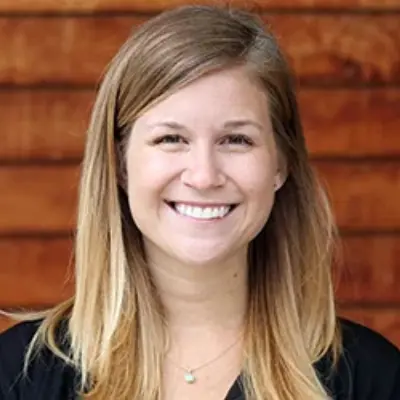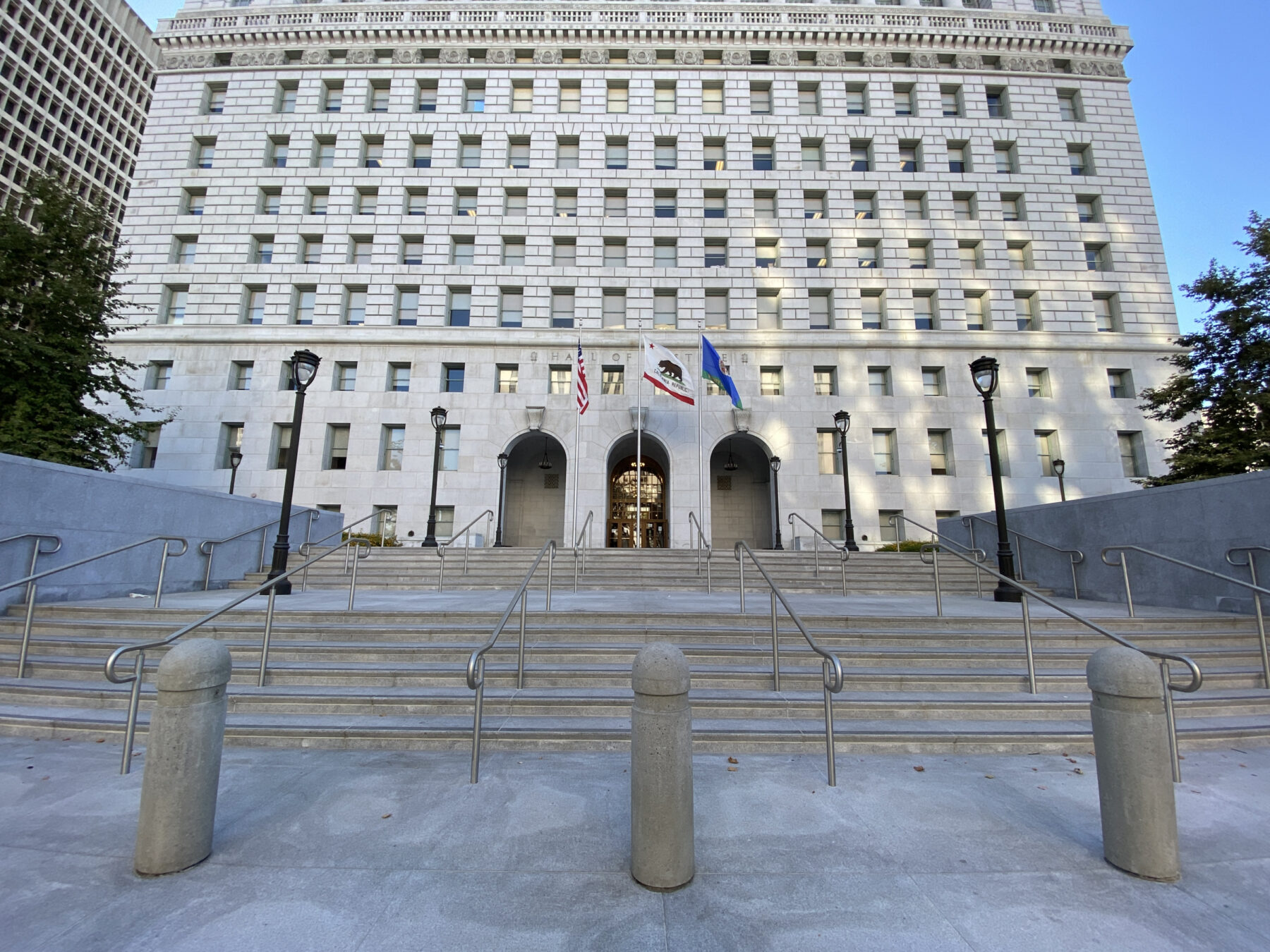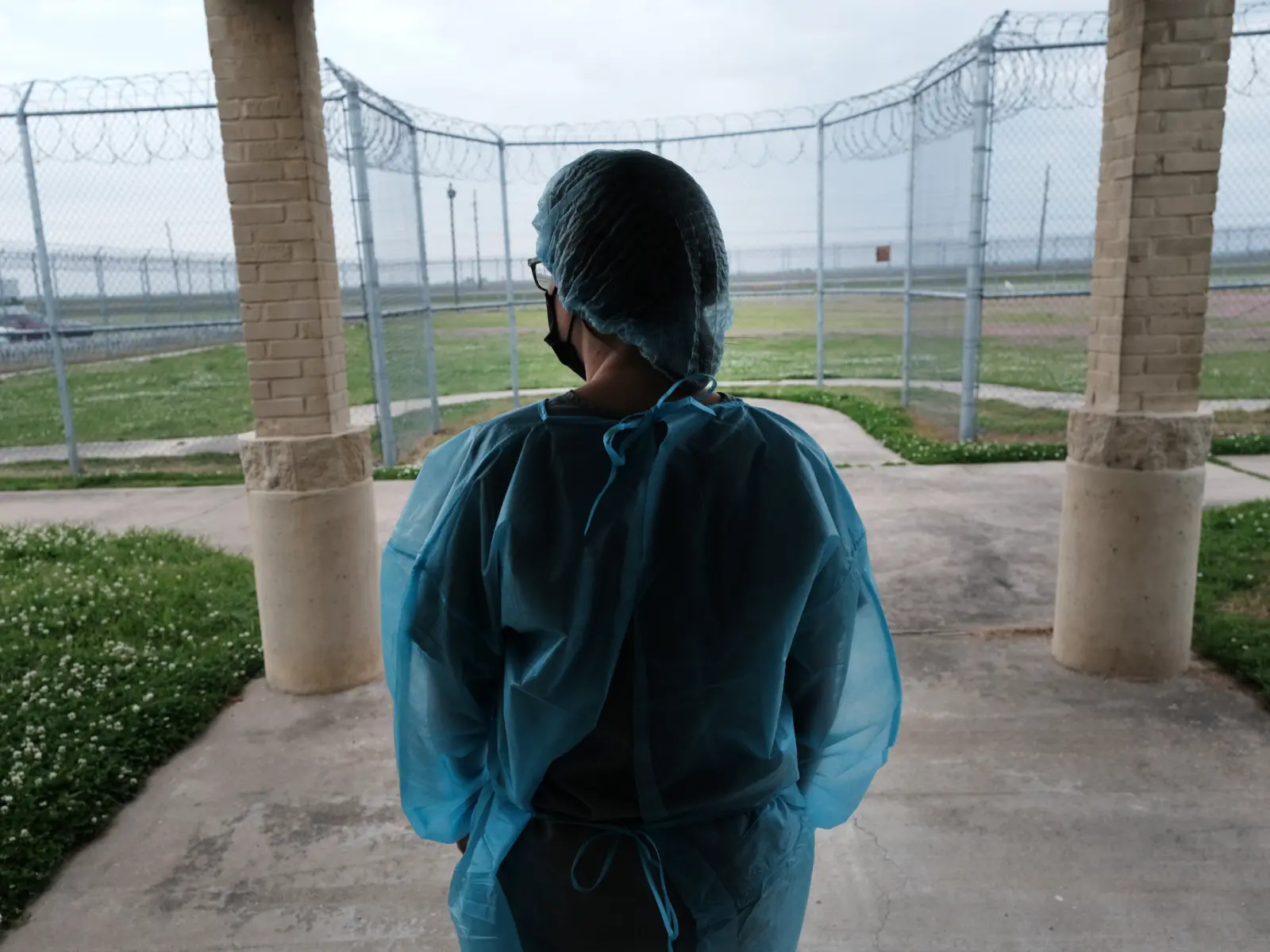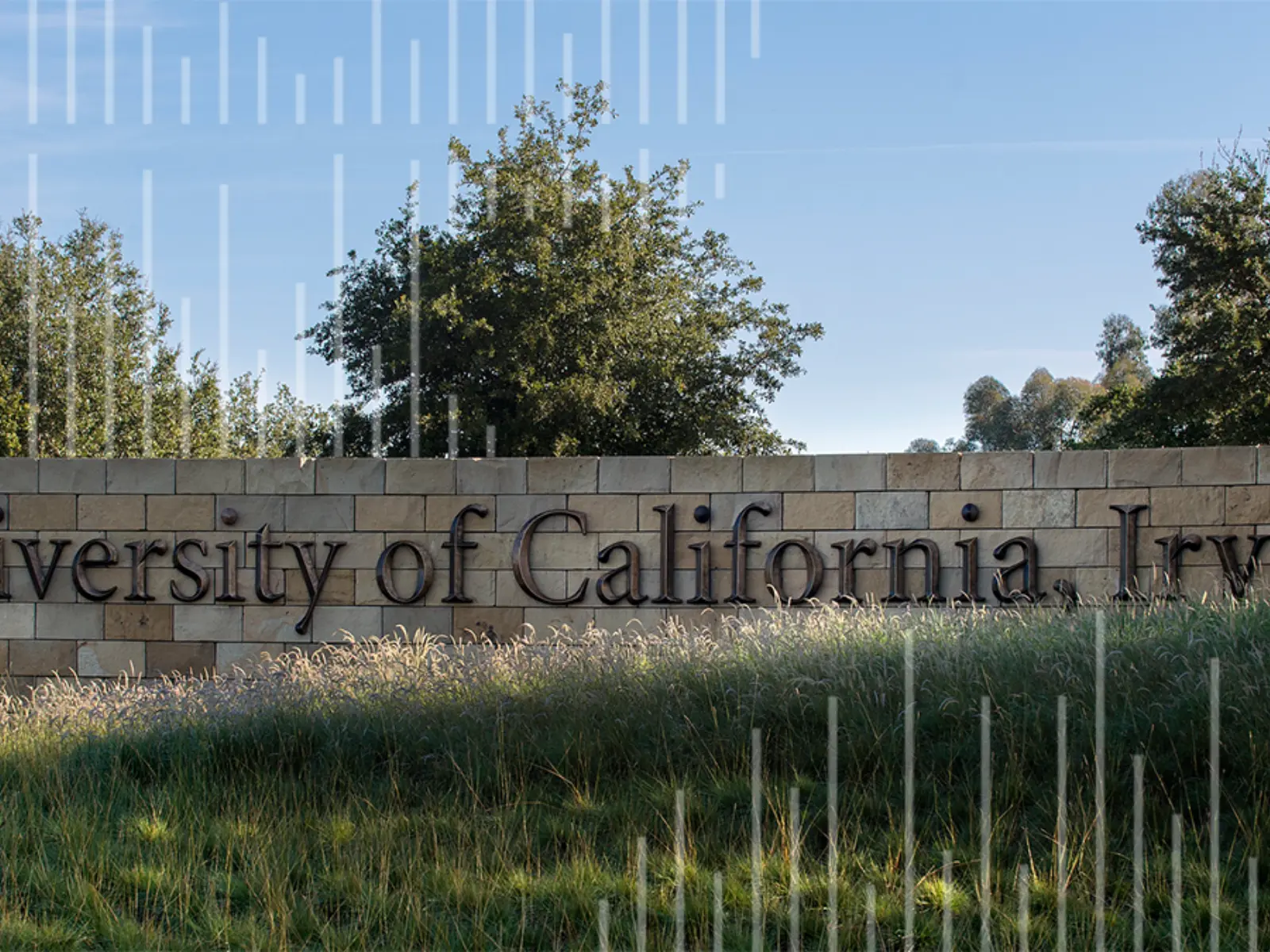The prosecutor is one of the most powerful roles in the criminal justice system. They have vast discretion over charging and sentencing, and in recent years some have made efforts to reduce long prison sentences, address racial disparities, and offer second chances to youth. But prosecutors’ offices can be a “black box,” because little research is available to show how they operate or how effective their programs are.
To address this, Arnold Ventures (AV) is partnering with the California Policy Lab (CPL), a nonpartisan research lab at the University of California, to launch the Los Angeles Prosecution Data Hub. Researchers at CPL are collaborating with the Los Angeles County District Attorney’s Office (LADA), and the current District Attorney George Gascón, to collect administrative data on all the operations of the office, including its reform strategies and alternatives to traditional prosecution. The goal is to connect researchers with this data set — one of the largest and most complex in the country — to produce rigorous evidence on the outcomes of prosecutor policies and practices.
“Historically, partnerships between researchers and prosecutors’ offices have been rare, and prosecution data has been difficult to come by,” says Jennifer Doleac, executive vice president of criminal justice at AV. “I’m thrilled that the California Policy Lab’s LA Prosecution Data Hub will make data from the LADA easily accessible to external researchers. This important resource will help the LADA figure out what works and how best to allocate their scarce resources to make communities safer. I hope we see similar partnerships in other cities.”
AV sat down with Alissa Skog, a researcher at CPL-Berkeley, to talk about the LA Prosecution Data Hub initiative, the importance of good data in understanding the workings of the prosecutor’s office, and how it can produce outcomes that align with both community safety and fairness to those accused of a crime.
This conversation has been edited for clarity.

Arnold Ventures
CPL prioritizes “data justice.” Why is it important to use data ethically in the context of prosecution?

Alissa Skog
Prosecutors have immense power and responsibility within the criminal legal system. They’re tasked with addressing crime and promoting public safety, and they have to consider the needs and interests of everyone in their community, including people who have been harmed and those who are charged with crimes. Prosecutors have decision-making authority at multiple points — what to charge, what plea bargains to offer, and so on. These decisions can significantly impact whether someone is convicted, whether they are incarcerated, and how long their sentence is. But there hasn’t been a lot of transparency or accountability around prosecutors’ decision-making processes. Administrative data is one important tool that can be used to promote those goals. That can take the form of descriptive work, like annual reports and data dashboards that let the public see how many cases are filed and the outcomes of those cases. Or data can be used to diagnose problems. In San Francisco, for example, Dr. Steven Raphael, a professor of public policy at UC Berkeley and a CPL faculty affiliate, conducted a study to help the DA’s office understand if there were racial disparities in how it was processing cases. Administrative data can also be used to evaluate policies and programs that prioritize alternatives to the criminal legal system to see how they are working. In general, we want to use data as a tool to help the DA’s office be transparent with the communities that they’re elected to serve, and to have better informed decision-making.

Arnold Ventures
How did the LA Prosecution Data Hub get started?

Alissa Skog
Conversations about giving researchers access to the DA data started in 2020, right after District Attorney George Gascón was elected. Gascón’s transition team brought together a group of academic researchers because the administration wanted robust, timely evaluations of the reforms he had proposed during his campaign. We worked with DA Gascón when he was the DA in San Francisco, and we knew that he values research as a matter of empirical, scientific significance. Today, he wants to track how well his office is fulfilling its promises to LA County’s more than 10 million residents. For the past couple of years, we have been negotiating a data agreement with the Los Angeles County Counsel and the LA County Board of Supervisors. Soon, once we launch, researchers whose projects are approved by the LADA will be able to access the data on our secure hub.

Arnold Ventures
How will the LA Prosecution Data Hub promote stronger data access through your new partnership with AV?

Alissa Skog
AV’s support is critical to launching the data hub and the researcher application process, which is our way of protecting the data and ensuring compliance with the terms of the data use agreements. It is helping us create and sustain a very large and complex data set, and it will enable CPL to leverage our expertise in working with county-level prosecutor data as we prepare it for analysis by other researchers. In particular, AV’s support helps save time for the LADA and for researchers, since we only have to transfer the data and clean it once, which will eliminate the duplication of effort that often happens when multiple researchers are working with the same data set. When we started this project, we decided as a group that CPL would host the LADA data and make it available to researchers, given our state-of-the-art data infrastructure and secure data environment. Otherwise, the process of negotiating a data user agreement and transferring data can be very long for individual researchers to do on their own.

Arnold Ventures
What kind of data will be available?

Alissa Skog
The LADA’s office is providing arrest, prosecution, and resolution data from 1996 forward, so it’s a large time period of the LADA history, with complex information about cases at all different decision points. All the data are de-identified at the person level to preserve people’s privacy. We are working on preparing code books, on cleaning the data, and on identifying all the key variables for other researchers to use. We’re also preparing a toolkit for researchers who want to use the data. That includes recording a webinar with an introduction to the data. And we’ve launched an application process for researchers to request access to the data for their projects. We want people to apply. We are the conduit, and we will work with researchers to make sure their proposals are feasible and align with the policy priorities and requirements of the LADA. The researchers will work under our agreement with the LADA, which will streamline the process. After people get access to the data, we’ll also hold three different kinds of events to showcase the research that’s produced with the LA Prosecution Data Hub and make sure that the research is shared with other researchers and the public.

Arnold Ventures
How is prosecution data used traditionally, and how does your work differ from that?

Alissa Skog
Traditionally, prosecution data systems are set up to manage prosecutors’ cases in real time. They are not set up in a way that allows data to be used for research. For example, it can be difficult to track a person with multiple cases over time and observe their outcomes. We’re working to organize the data in a way that’s usable to either describe trends or infer causation. To my knowledge, this has not been done in LA. Being able to use data to understand how policies and practices are working is really important, and really different. The other thing that is not traditionally done is using data to increase transparency. When DA Gascón was in San Francisco, he was the first prosecutor in California to launch a public dashboard that showed case trends. His office also had other dashboards, including a dashboard tracking recidivism outcomes and one tracking officer-involved shootings. We want to help bring those tools to LA and are hopeful this shift towards transparency will ripple across the country, especially as people are becoming more aware of the role of the prosecutor.

Arnold Ventures
Are there particular projects you are excited to see emerge from this partnership with AV?

Alissa Skog
DA Gascón is wrapping up his first term in office, and sufficient time has passed to study the impact of some of the policy reforms and changes in charging practices that his administration implemented. One is the Restorative Enhanced Diversion Program for Youth. It’s a diversion program for youth who meet certain criteria to go through a tailored restorative justice program as an alternative to traditional prosecution. It’s modeled after the Make it Right program, a program that Gascón implemented in San Francisco, which led to a 30% lower rearrest rate for youth in the program over four years. We are interested in studying how the program is working in LA, which is a different and much larger context. There are also policies that have been passed at the state level to limit long prison sentences through sentencing enhancements at charging for things like use of firearms, gang involvement, and so on. At the same time, DA Gascón launched a resentencing unit to review and revise sentences for people whose continued incarceration no longer serves the interest of justice, as allowed by law. It will be helpful to use data from LA, as the largest jurisdiction in the state, to understand the impact on prison admissions and other indicators, like racial and ethnic disparities in incarceration and recidivism. Improving victim services is another important area of research, and one we’d like to invest more time in as well. We are really excited about using this as an opportunity to build our research across the board and see what questions other researchers can answer with these data.




















